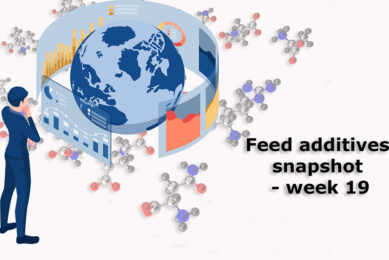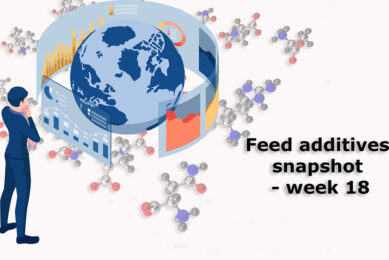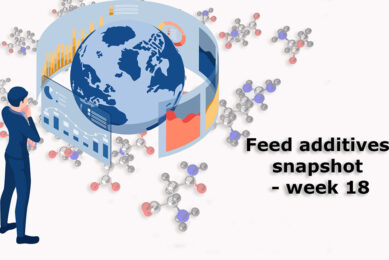The cost of progress
In the western world food has never been as cheap as it is today and people just take it for granted. Here the impact of a wheat price increase on a loaf of bread is far less than in developing countries.
Of our bread only a small fraction of the price is determined by the wheat content. Processing, logistics and retail margins are the main price ingredients of a loaf. This is in contrast to developing countries where wheat is a primary food ingredient and when the government raises the prices of these ingredients it can often cause food riots.
With this in mind it is difficult to believe that when the European feed industry is screaming for higher import volumes of soybeans and corn, the legislator is lagging behind in honouring the requests because of the GM-issue. It is a fact that governments have difficulties keeping pace with developments in the industry. With regard to the GM-issue there is simply no place for complacency.
Politics rule
Right now the majority in the European Union is in favour of allowing GMOs, but a minority is blocking any renewal or alleviation of the EU’s rigid GMO import policy. Traces of GMO ingredients in imports are now allowed if the soybean or corn strain is assessed positively by EFSA and adopted by the European Commission. Most of the pending applications have received a green EFSA light, but once a proposal for legislation is put forward a blocking minority of countries stands up for political reasons and thus overrules EFSA’s opinion, an organisation that is commissioned by all member states.
No escape
There is hardly any escape from GM-raw materials. When looking at the global exporters of soybeans and corn we see that Argentina is 100% GMO, Brazil 80-85% and in the US 95% of the area is planted with genetically modified plants. In addition European importers pay a $50-$60 per tonne premium for non-GMO, a delicate situation with current high raw material prices. Farmers on the longer term and perhaps even now will not or cannot pay the extra price for GMO-free feed if this is not reflected in the price of meat, milk or eggs that they sell. For UK egg producers it is even more ironic, because they and other members of the poultry sector are the only farmers still required to use non-GM ingredients in their feed, imposed by most UK supermarkets. Many in the industry are looking for supermarkets to drop this requirement to ease the rising cost of feed.
No imports
In a worst case scenario it is even possible that importation of the next harvest of Brazilian maize will not be possible due to the planting of Syngenta MIR 162. This variety is still not assessed by EFSA, let alone an opinion created.
So policy makers; speed up and policy blockers, come to your senses. Oh, and consumers, read more than the pseudo-scientific leaflets that action groups such as Greenpeace and Friends of the Earth spread around the globe. There is more than one truth to the GM subject. Stopping the development (also called progress) is not going to feed a global population of 9+ billion people in 2050.










